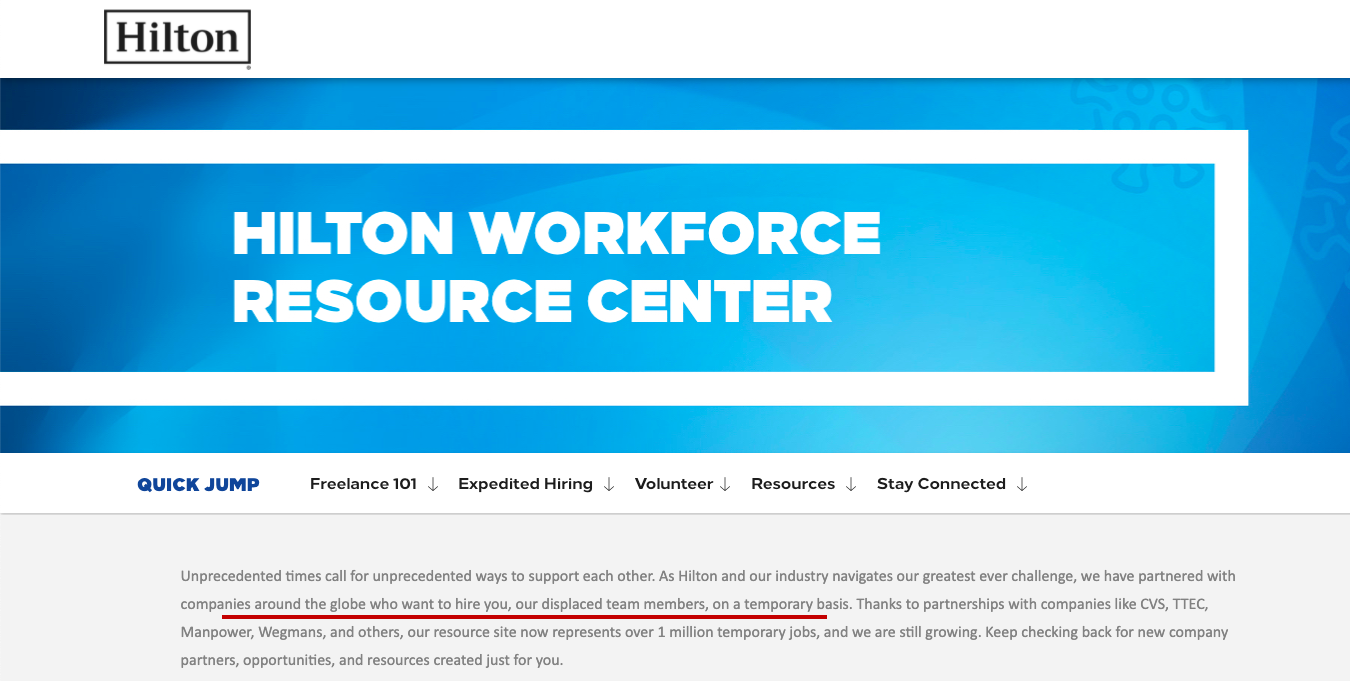While it may, at first, seem tempting for hoteliers to proceed with extreme fiscal caution right now, hoteliers must also consider the long-term, post-pandemic vision. As the industry braces for recovery, those properties which have invested in platforms and technologies that empower them to pivot and innovate traditional touch-points are positioned to thrive. In many respects, the selective investments that hoteliers make now will help to define their path to recovery.
So, the question becomes, how can hotels reduce operating costs in an intelligent manner, while prioritizing technology that ensures a faster recovery?
Out With the Old
It might surprise you to learn that, oftentimes, outdated technology costs hoteliers more money than it saves. Not only are legacy platforms limited in their infrastructure and functionality, but they also boast a variety of hidden costs. Unlike new-age platforms which are cloud-based. maintenance-free and always updated.
The lack of flexibility associated with legacy systems becomes especially problematic when we consider the current circumstances. In the era of COVID-19, flexibility is paramount. Employees should be able to access critical property data anytime, anywhere, without any tech-specific roadblocks. Fortunately, cloud-based technology provides hoteliers with uninhibited access to the digital infrastructure of their hotel, helping to streamline workflows while ensuring that important processes and procedures are always accessible. Even better, cloud-based solutions are notoriously user-friendly and often extremely affordable when compared to the full picture of legacy systems and their associated costs and dysfunction. These platforms can also integrate seamlessly with the tools you already use, creating an optimized 'stack' of critical hotel systems and applications that work together as a cohesive, revenue-generating unit.
YOU MAY ALSO LIKE5 Reasons Why Now is the Right Time for Hotels to Switch to a More Modern and Affordable S&C SystemMobility, Automation, and Open APIs are Essential for the PMS of the FutureContactless Technology Partners Share Exclusive Insights In New eBook About Budgeting During A Crisisview all
Full-Featured Platforms
When considering the transition from legacy platform to new-age technology, hoteliers should look for those platforms which offer an impressive portfolio of features. Fortunately, many of the best-in-class sales and catering, PMS and CRM systems on the market today boast 'all-in-on' capabilities.
For hotels looking to maximize occupancy and increase group business through events and meetings, a full-featured sales and catering solution is paramount. With CRM functionality, booking management, streamlined workflows, advanced reporting, and enhanced lead optimization and customer management all within one, user-friendly interface, closing business has never been easier.
Full-featured systems should also offer hoteliers revenue generating insights and capabilities, as hoteliers look to get creative in their bid for guest bookings. Platforms that provide data-backed insights can help hotels pave the way to improved processes and an optimized sales approach.
Focus on Automation and Efficiency
Labor is expensive, but a lack of productivity is even more expensive. Moving forward, hoteliers should focus on platforms which enable increased automation and efficiency across all touch-points. Not only does this help to streamline once tedious and time-consuming operational tasks, but it also empowers hotel staff to focus their attention where it matters most: the guest experience and their safety. This also reveals an opportunity for cross-training staff, which helps to ensure hotel properties have the support they need from staff across all departments.
Of course, in a post-pandemic era, automated technology has become especially valuable to those hotels which are currently operating with reduced staff and resources, while working to maintain brand standards of service. Moreover, as we continue to shift towards a largely 'touchless' future, technology which allows for automated processes and self-service will become the new industry standard. Hotels should look to utilize mobile-first technology, including mobile check-in/out, keyless room entry, mobile chatbots and concierge, mobile payments, and so much more. Not only that, but hoteliers should prioritize those solutions which help to streamline personalization efforts, leveraging guest data to enhance the guest experience both online and offline.
Going Digital
In the wake of COVID-19, hotel properties around the globe have aptly reconsidered and reformatted traditional touch-points and, within guest rooms and lobbies, common high-touch items. Fortunately, from a cost perspective, this is good news. Transitioning printed materials to their digital counterparts can, in the long-term, save hotels money, whilst also reducing their environmental impact.
It's also important to recognize that, in today's day and age (and especially right now), consumers crave a digital experience. Unsurprisingly, hotel guests are no exception. With this in mind, hoteliers should take this time to invest in the virtual experience and resources they offer guests, including website properties, images, virtual tours, mobile booking engines, and more.
Source




























